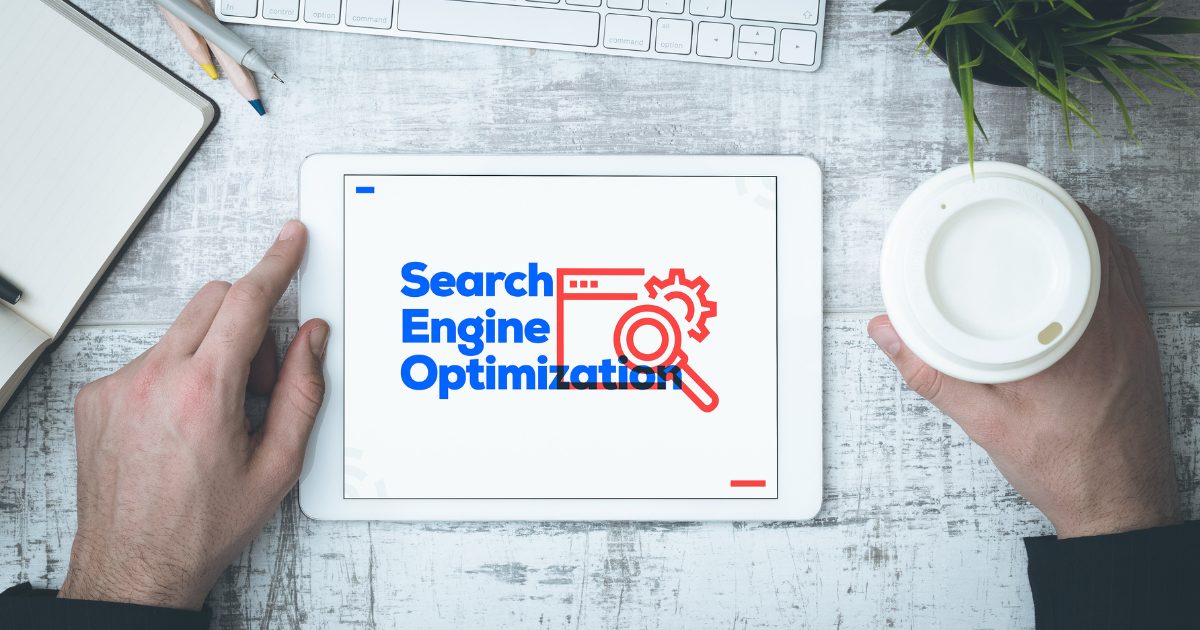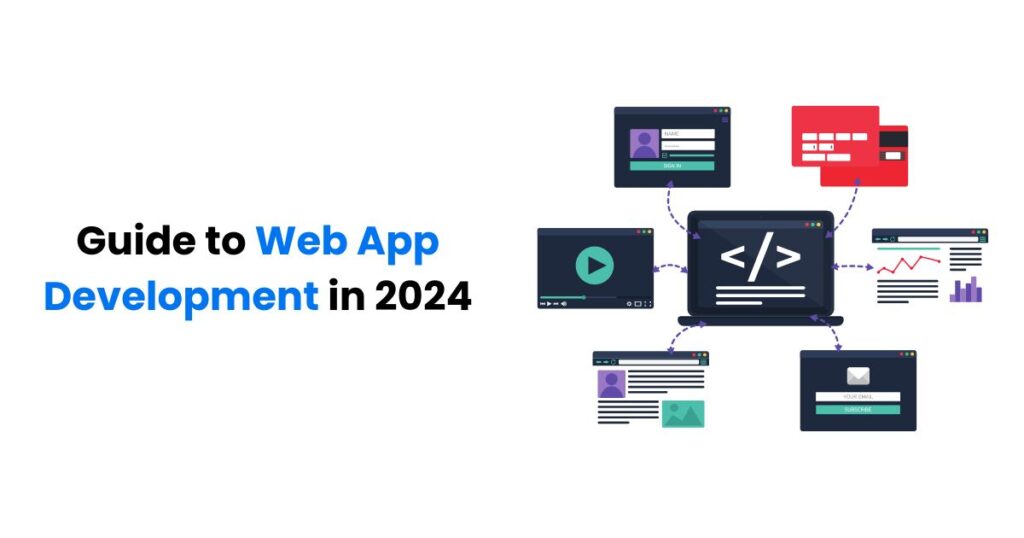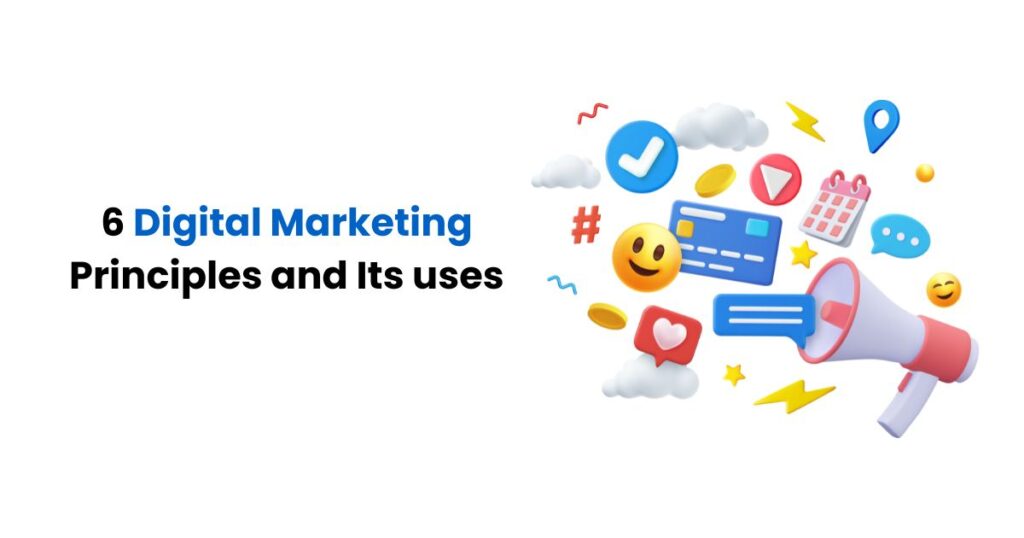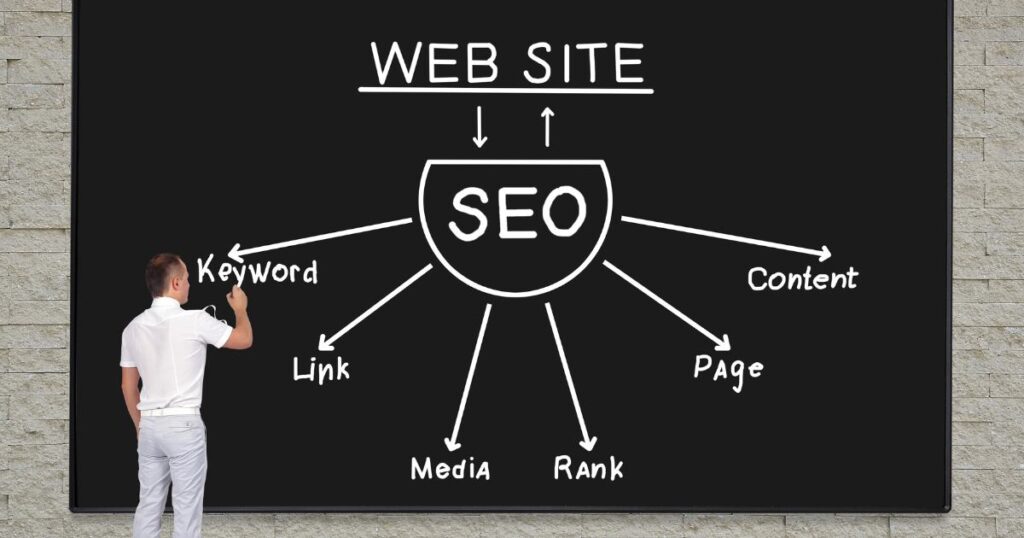Role of Content in Search Engine Optimization Services
Search Engine Optimization (SEO) has evolved significantly over the years. It’s no longer just about optimizing meta tags and building backlinks. In the modern digital landscape, content plays a pivotal role in effective SEO. Quality content not only drives organic traffic but also engages and retains users. In this blog, we will delve into the critical role of content in modern Search Engine Optimization Services, highlighting why it’s the cornerstone of successful SEO strategies.
Content as the Backbone of SEO
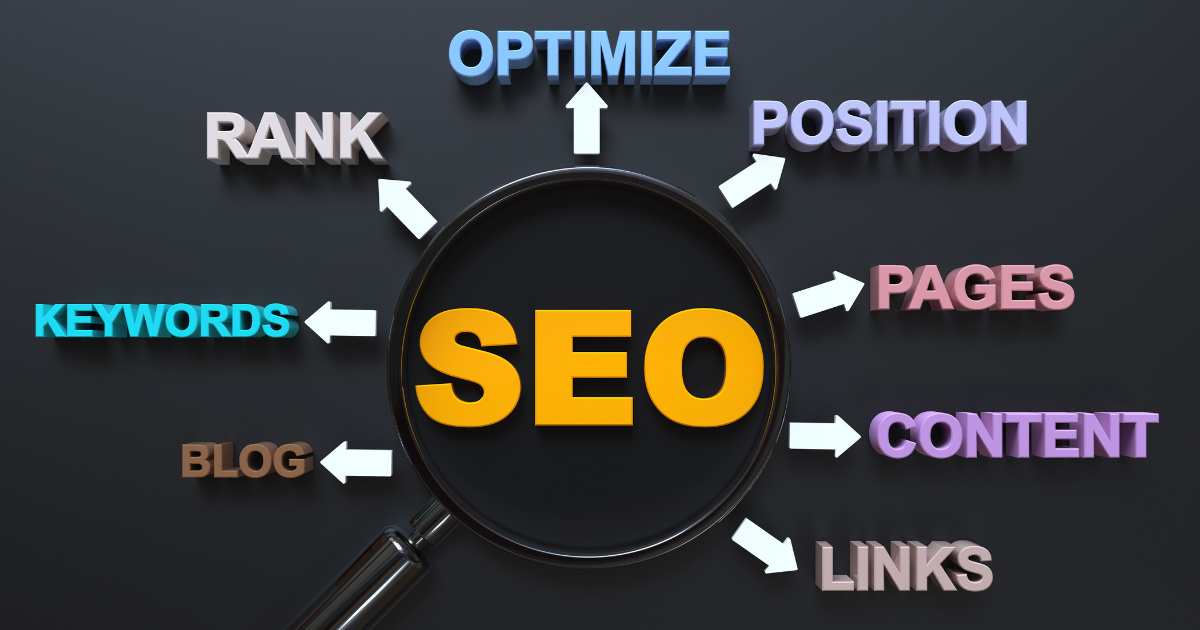
Informative and Valuable Content: In today’s SEO landscape, content is king. Search engines like Google have become increasingly sophisticated in understanding the intent behind user queries. High-quality, informative content that addresses user needs and provides value is rewarded with higher search rankings.
User Engagement: Engaging content keeps visitors on your website longer, reducing bounce rates and signaling to search engines that your content is relevant and valuable. Engaged users are more likely to explore your site further, increasing the likelihood of conversions.
Authority and Trust: Creating authoritative content establishes your website as a reliable source of information in your industry or niche. When other websites link to your content as a reference, it boosts your domain’s authority, which positively impacts your search rankings.
The Importance of Keywords in Content

Keyword Research: Keyword research remains a fundamental part of expert SEO services. By understanding the specific keywords and phrases your target audience is searching for, you can create content that aligns with their interests and needs.
Content Optimization: Incorporating relevant keywords strategically within your content is crucial. This includes placing them in headings, subheadings, and throughout the body text. However, it’s essential to maintain a natural and reader-friendly flow.
Long-Tail Keywords: Long-tail keywords, which are longer and more specific keyword phrases, have gained importance in modern SEO. They often have lower competition and can drive highly targeted traffic to your site.
Content Types for SEO

Blog Posts: Regularly publishing blog posts allows you to create fresh, valuable content that keeps your website updated. Blogs are an excellent way to target a wide range of keywords and establish your expertise in your field.
Infographics and Visual Content: Visual content, such as infographics, images, and videos, can enhance user engagement and retention. Including descriptive alt text for images helps search engines understand and index your visual content.
Landing Pages: Landing pages are designed to convert visitors into leads or customers. Creating well-optimized landing page content that addresses user pain points and provides clear calls to action (CTAs) is essential for SEO and conversion rate optimization (CRO).
Ebooks and Whitepapers: Long-form content like ebooks and whitepapers can establish your brand as an authority in your industry. Gated content (requiring user information in exchange for access) can help grow your email list and generate leads.
Content Quality and Relevance

Originality: Search engines penalize duplicate content, so it’s crucial to create original, unique content. Plagiarism can harm your site’s search rankings and reputation.
Relevance: Content must be relevant to your target audience and industry. Irrelevant content can confuse both users and search engines, leading to decreased visibility.
Quality: High-quality content is well-researched, well-written, and free of errors. Poorly written or thin content can deter users and negatively impact SEO.
User Experience and Mobile Optimization

Mobile-Friendly Content: With the increasing use of mobile devices, optimizing your content for mobile is vital. Mobile-friendly websites are favored by search engines and provide a better user experience.
Readability: Content should be easy to read and scan. Use short paragraphs, bullet points, and subheadings to improve readability. Clear, concise content is more likely to retain users.
Page Speed: Fast-loading pages are crucial for user experience and SEO. Large images and complex code can slow down your website, leading to higher bounce rates.
Content Marketing and Link Building

Link-Worthy Content: Creating content that others find valuable and link to naturally is an effective link-building strategy. High-quality backlinks from reputable websites signal trust and authority to search engines.
Guest Blogging: Guest blogging on relevant websites allows you to showcase your expertise and earn valuable backlinks. It’s essential to provide informative, non-promotional content in guest posts.
Content Promotion: Promoting your content through social media, email marketing, and other channels can increase its visibility and reach. Encourage sharing to expand your content’s reach and gain more backlinks.
Measuring Content Performance

Analytics: Utilize web analytics tools like Google Analytics to track the performance of your content. Monitor metrics such as organic traffic, bounce rate, and conversion rate to assess content effectiveness.
Keyword Rankings: Regularly check your keyword rankings to see how your content is performing in search results. Adjust your content strategy based on keyword performance.
User Engagement Metrics: Measure user engagement through metrics like time on page, click-through rate (CTR), and social shares. Engaging content tends to perform better in search results.
Conclusion
In the modern landscape of Search Engine Optimization Services, content is the linchpin of success. High-quality, relevant, and well-optimized content not only drives organic traffic but also engages users and builds trust and authority. It’s essential to recognize that SEO is an ongoing process, and creating valuable content should be a core component of your strategy. By prioritizing content quality and relevance, conducting keyword research, and continually measuring and improving content performance, businesses can achieve higher search rankings and, ultimately, a stronger online presence.

